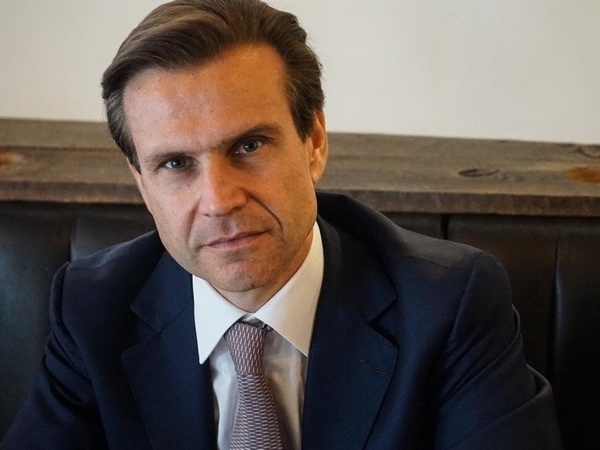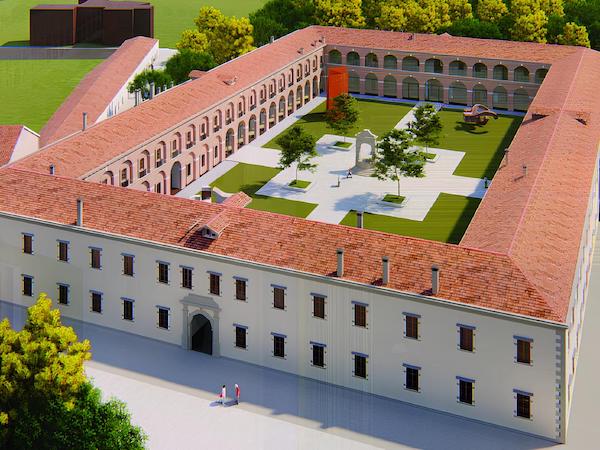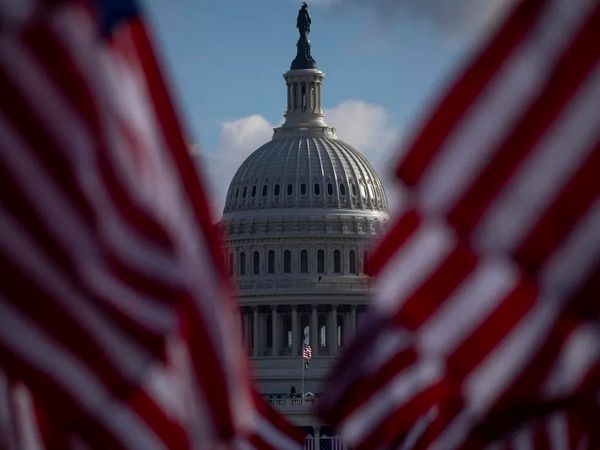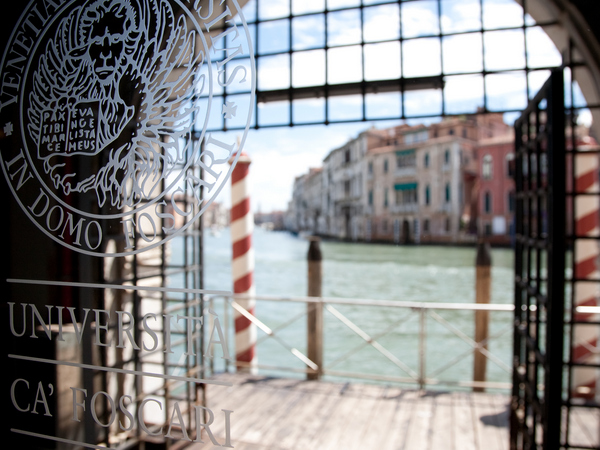"What is happening in Israel shows, once again, that there are no military shortcuts when faced with political problems. The work of diplomacy is always necessary, even when the chances of reaching asolution to conflicts are minimal”.
This is the opinion of Matteo Legrenzi, Professor of International Relations at the Department of Philosophy and Cultural Heritage. We asked him to comment on the international situation, a few days after the violent Hamas attack on Israel.
Hamas rockets caught Israel by surprise on the morning of 7 October, during the Sukkot celebrations, a fewdays after the 50th anniversary of the 1973 war. Israel responded with a total siege of Gaza, and the deathtoll and number of people taken hostages in the few days since the outbreak of the conflict is terrible.
"To think that a conflict can extinguish itself, foregoing the role of diplomacy and political will, is simply an illusion. This concept is at the basis of conflict studies, a discipline which is growing at Ca' Foscari with the Master in Strategic Studies and International Security set up in collaboration with the Italian Navy. PISE students are also showing great interest in this field of study. To better understand the changes of our era and international relations, Ca’ Foscari’s solid tradition in language and literary studies is being enriched by economic and political disciplines – giving rise even here to what at the international level are known as language-based area studies".
Professor Legrenzi, let us look at this tragedy through the lens of international relations. Whatconsequences can be expected in the Middle East?
The attack by Hamas may delay, if not sabotage, the rapprochement between Saudi Arabia and Israel even if I believe this will eventually happen, since there is political will on both sides and persuasive American mediation. Furthermore, this attack must be seen in the context of the marginalisation of the Palestinian question in the international relations of the Middle East, which has been going on for a long time. The idea that the conflict might come to a military solution favourable to the Palestinians had foundered as early as the 1970s, following the peace between Israel and Egypt and the creation of Israel’s nuclear deterrent. Another important step to be considered in the relationship between Arabs and Israelis is the Islamic Revolution of 1979 and the Iran-Iraq war. After the creation of the Islamic Republic of Iran, Iraq and the Arab monarchies of the Gulf put the confrontation with this irredentist power first, and the Palestinian question took a back seat in Arab regional politics. Iran has a central role to this day, and its regional influence recently favoured the 'Abraham Accords’, a series of bilateral agreements signed by Israel with the United Arab Emirates, Bahrain, Morocco, and Sudan, with the mediation of the Trump Administration.
What is the position of the world's superpowers?
As far as Russia and the United States are concerned, this conflict poses several challenges. The Russian Federation has good relations with Israel, but is engaged in a war of aggression in Europe, which it has not won so far, and this from its point of view is already a defeat. The conflict with Ukraine complicates Russia’s diplomatic action and military role in the Middle East.
The USA have invested heavily in finalising an agreement between Saudi Arabia and Israel, which the Biden administration would see as a success and now is at risk of being delayed. Moreover, there could be difficulties in rapidly providing even more significant military aid to Israel, since the US are already involved in militarily supporting Ukraine.
China has established an astute foreign policy in the Middle East. It has never sought a physical, on the groundpresence (i.e. military bases), this exempts it from having to take a stance on every regional dispute, but allows it to pursue a series of diplomatic initiatives that can turn out to be successful such has mediating the reopening of diplomatic relations between Iran and Saudi Arabia.
And what about the European Union?
Europe’s response was less unified in comparison with the reaction to the Russian Federation’s aggression against Ukraine. Maintaining a unified position is difficult. From a humanitarian point of view, the European Union is the largest provider of aid to Palestinian refugees in Gaza. When the conflict broke out,EU Commissioner Várhely announced that funds to the Palestinians would be entirely cut off. Shortly afterwards, at the urging of some member states, he had to rectify the statement: The EU will continue tosupport Palestinian civilians in the Gaza Strip, but will take the utmost care not to risk fortifying Hamas's military enterprises. Once again, the different sensitivities of the various EU countries came to the surface.
What future scenarios do you envisage?
One possibility, for Israel, is that the conflict will expand on two fronts, involving Lebanon and also becoming a war between Hezbollah and Israel. I do not consider this very likely, because of the enormous cost that would be paid by the Lebanese civilian population and, eventually, also by Syria.
The other option is a severe Israeli response to Hamas, with terrible further humanitarian consequencesfor the people living in Gaza. In this case, the conflict would remain more limited, but Israel may have to take back full military control over the Gaza Strip – an area from which it had withdrawn its troops in 2005. Given the very heavy toll the war has already taken, and the very sensitive issue of the hostages, it appears clear that the idea of a sort of quiet coexistence with Hamas, i.e. reaching a tacit agreement that would guarantee, if not peace, at least a truce, is crumbling for Israel. Hamas has always aimed at making any peace agreement between Israel and the Palestinian National Authority fail.
Israel's developed habit of trying to 'manage the conflict' with Hamas will now be overcome. This reinforces the conviction that one cannot subcontract the resolution of political problems to armed force.











